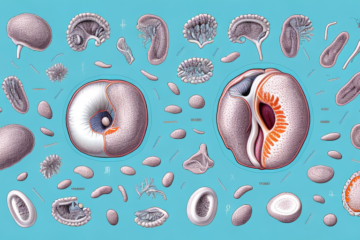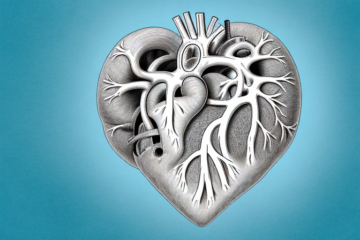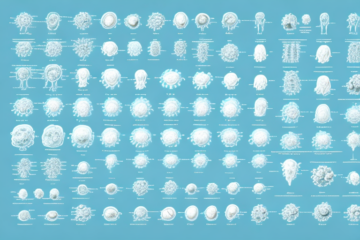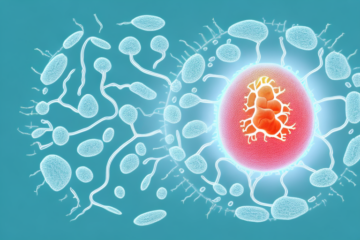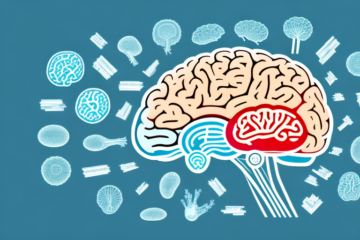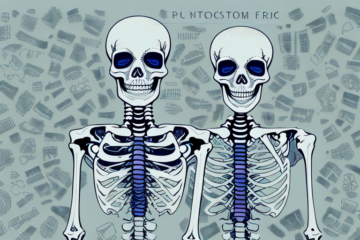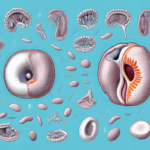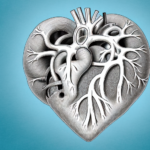What is Celiac Disease?
Celiac disease is an autoimmune condition that affects the small intestine. In individuals with celiac disease, consuming gluten leads to an immune system reaction that damages the lining of the small intestine. This damage can result in malabsorption of nutrients, leading to a wide range of symptoms and other health complications.
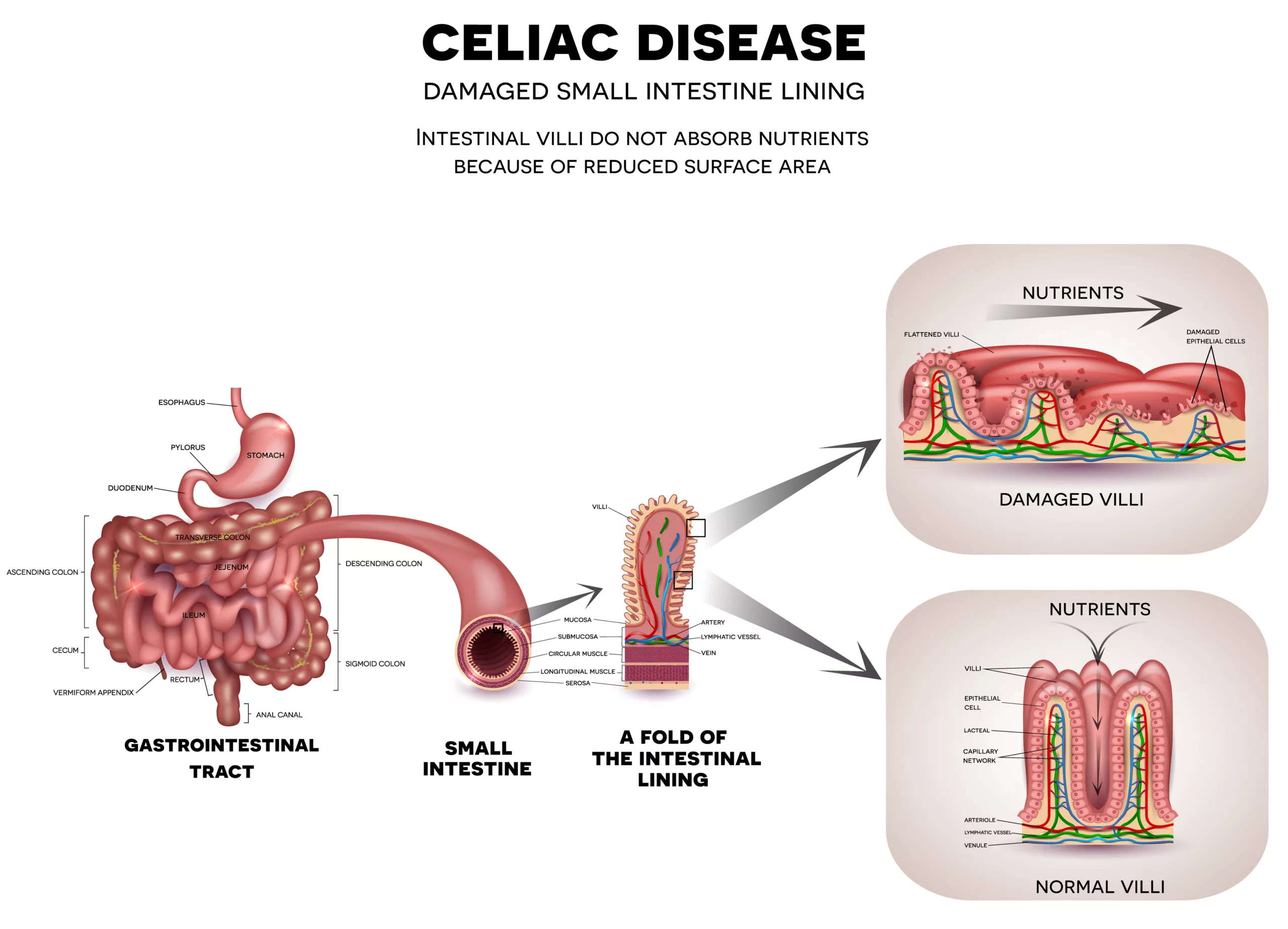
Some common symptoms of celiac disease include abdominal pain, bloating, diarrhea, constipation, fatigue, and weight loss. However, some individuals with celiac disease may not experience any symptoms at all. It is important to get tested for celiac disease if you suspect you may have it, as untreated celiac disease can lead to long-term health complications such as osteoporosis, anemia, and even certain types of cancer.




